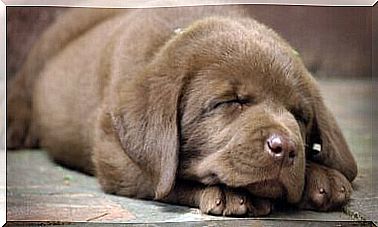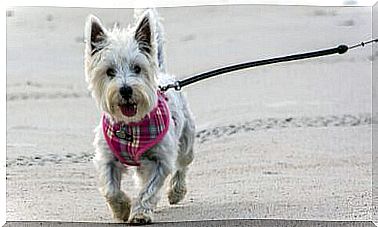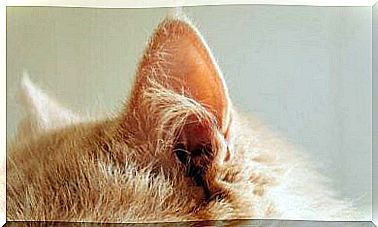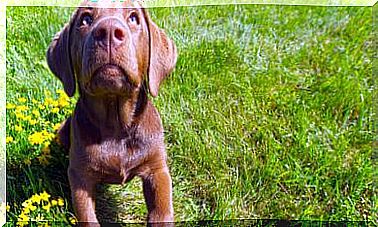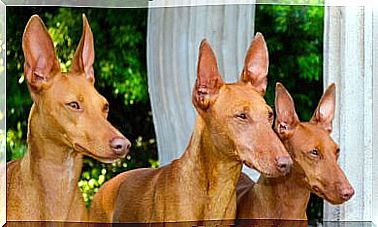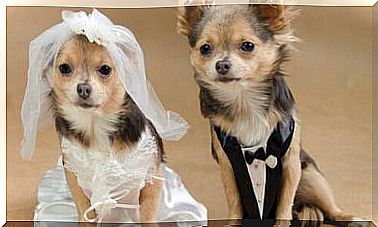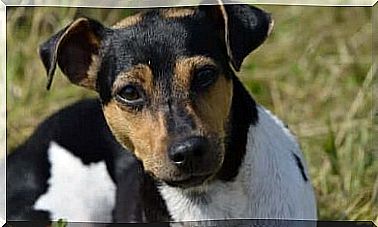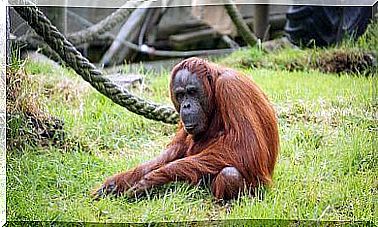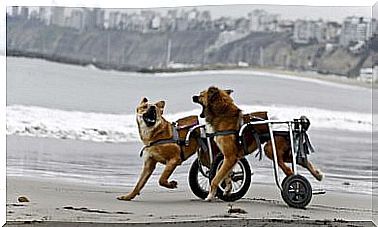Food Supplements For Cats: Are They Really Needed?
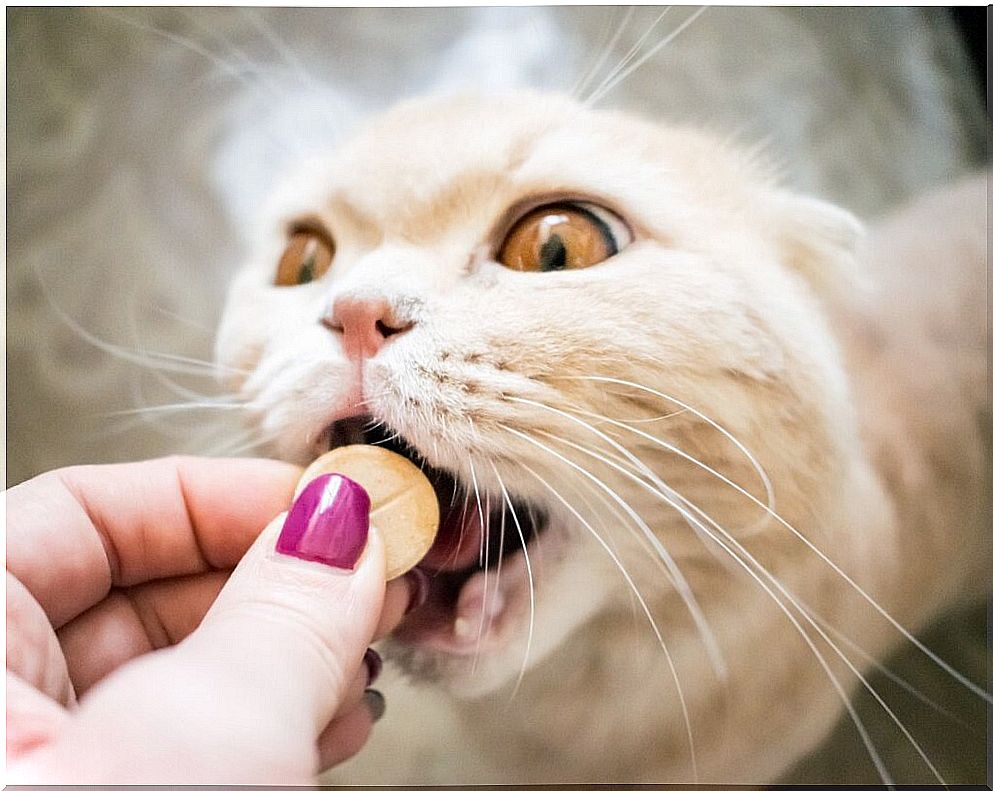
The consumption of food supplements is something very common among us humans, but it is a practice that can be extended to domestic cats. Obviously it will be necessary to consult the trusted veterinarian in advance, because this integration is not always necessary.
Food supplements for cats generally consist of 100% natural components. Its goal, as the name suggests, is to supplement the animal’s daily diet. Depending on the brand, these can come in tablets, syrups, or capsules. In case your cat requires them, the dose should always be guided by a professional recommendation.
How to know if a cat needs supplements in its diet?
First, to identify if the house cat needs supplements in its diet, it is necessary to monitor its behavior. If you recognize that your cat has lost his appetite, is getting sick, losing weight, or has a lot of fur, you should take him to the vet.
Before prescribing any food supplement for cats, the professional can perform some blood tests, in order to check what is wrong and what are the specific products that the animal requires. Age, type of physical activity, and amount of food provided are also variables that need to be considered.
Can i give supplements to my cat?
Yes of course. As we have said, the use of supplements is a suitable option when the cat has deficiencies in its diet. What is not recommended is to administer these compounds to the feline without the relevant professional supervision. This distinction is obvious if we take into account that each cat is, in every sense, very different, has its own defense mechanism and its own way of assimilating everything it eats.
On the other hand, you need to keep in mind that, not having the professional knowledge – or tests to determine what kind of nutritional deficiencies your cat has – it can be counterproductive to provide him with supplements that he may not need. Hypervitaminosis is a possibility if these supplements are not managed well.
Clarifying these points is essential, as any dietary changes in a feline’s life must be approved by a professional. Next, we will tell you in more depth about some cat food supplements and their impact on them.
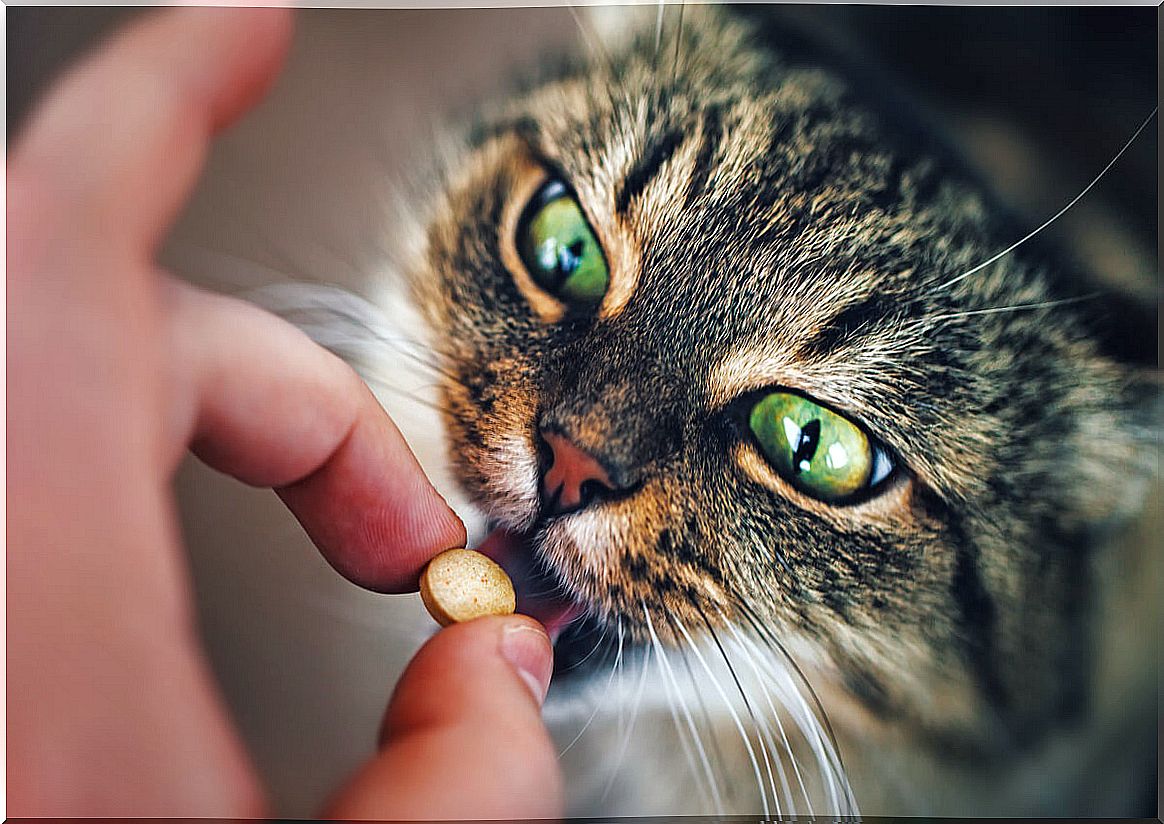
Nutritional taurine supplements for cats
As studies indicate, taurine is one of the essential amino acids for cats. Although its deficiency in the domestic feline organism is unlikely, if it occurs it can trigger complications, such as central retinal degeneration, loss of visual acuity, congenital heart disease, hearing loss, and neurological disorders.
Taurine deficiency can be identified through blood tests, in which protein concentration levels are measured – a plasma amino acid test – but can be suspected if the cat is not consuming quality animal protein. This can happen because their diet is homely but inadequate, if they are vegetarians or if the cat is given poor quality feed.
Among the taurine-rich foods that you should consider in your cat’s diet, chicken, beef heart and eggs stand out. It should be borne in mind that they are strictly carnivorous animals and, therefore, derive 50 of their energy from protein foods.
Probiotics for cats
Probiotics are live microorganisms that, in the right doses for the body, bring health benefits. As research indicates, in the case of cats, giving them as a treatment can improve inflammatory bowel disease, gastrointestinal infection, pancreatitis, and some kidney diseases, among others.
Not all foods you provide to cats have this property, so it may be a good option to consult the opportunity to provide them with such a nutritional supplement. However, it must be done with the advice of the veterinarian, taking into account that long-term gastrointestinal changes may occur in the animal.
Food supplements of brewer’s yeast for cats
Brewer’s yeast can be considered a cat multivitamin supplement that has exceptional benefits. Despite being of plant origin, on the market we can find some products that are also enriched with taurine and other types of vitamins.
Yeast is indicated in medical processes where the cat needs to strengthen its immune system and accelerate the processes of physical recovery. Studies also indicate that brewer’s yeast can be provided when the cat is deficient in B vitamins.
Glucosamine for cats
Glucosamine occurs naturally in the body of cats and its composition consists of sugars and amino acids. Most of its concentration is in the fluid that lubricates the joints, cushioning the impact of your movements.
Taking into account that one of its functions is to produce cartilage, glucosamine can be provided to maintain health in these areas. Its use is also contemplated in those cats suffering from arthritis, who are elderly or obese and their joints can be compromised.
Omega 3 and 6
Omega 3 and 6 are essential for animal nutrition and cats do not ignore their benefits. It is indeed substances found in the usual feed that we provide to the animal. Among its benefits is the proper functioning of the brain, heart and kidneys. It also prevents inflammation, allergies and joint pain.
Despite these benefits, studies have shown that these excess micronutrients can be harmful to cat health. This is due to the fact that they are capable of causing impaired platelet function, lipid peroxidation, overweight, and impaired immune function, among other conditions.
Food supplements with antioxidants for cats
The essential function of antioxidants is to fight free radicals which mainly affect adult animals. If you take into account that they are mainly found in fruits and vegetables – which are not the favorite food for cats – you might consider asking your vet about the need to provide them through a supplement.
The benefits of antioxidants include strengthening the immune system, joints and heart. Likewise, antioxidants such as beta-carotene have been associated with a lower risk of suffering from certain types of cancer and diseases associated with cell damage. However, other professional sources stipulate the exact opposite, so you need to be careful.
Fiber
Another of the cat food supplements is fiber, which should complement the cat’s daily diet. Studies indicate that this compound is essential for feline gastrointestinal health, as it prevents sudden changes in the fecal microbiota, a community of gut microorganisms.
A low-fiber diet can cause digestive problems, such as constipation or hard stools. In this case, a fiber supplement, such as catnip, or anything recommended by the vet, should be provided, as well as good hydration and physical activity.
Olive oil
Believe it or not, there are many benefits that olive oil offers to cats, which is why it is designed as a supplement to their diet. It is an excellent antioxidant, provides the cat’s body with fats that are good for their organism and, as if that were not enough, it is an excellent adjuvant for constipation.
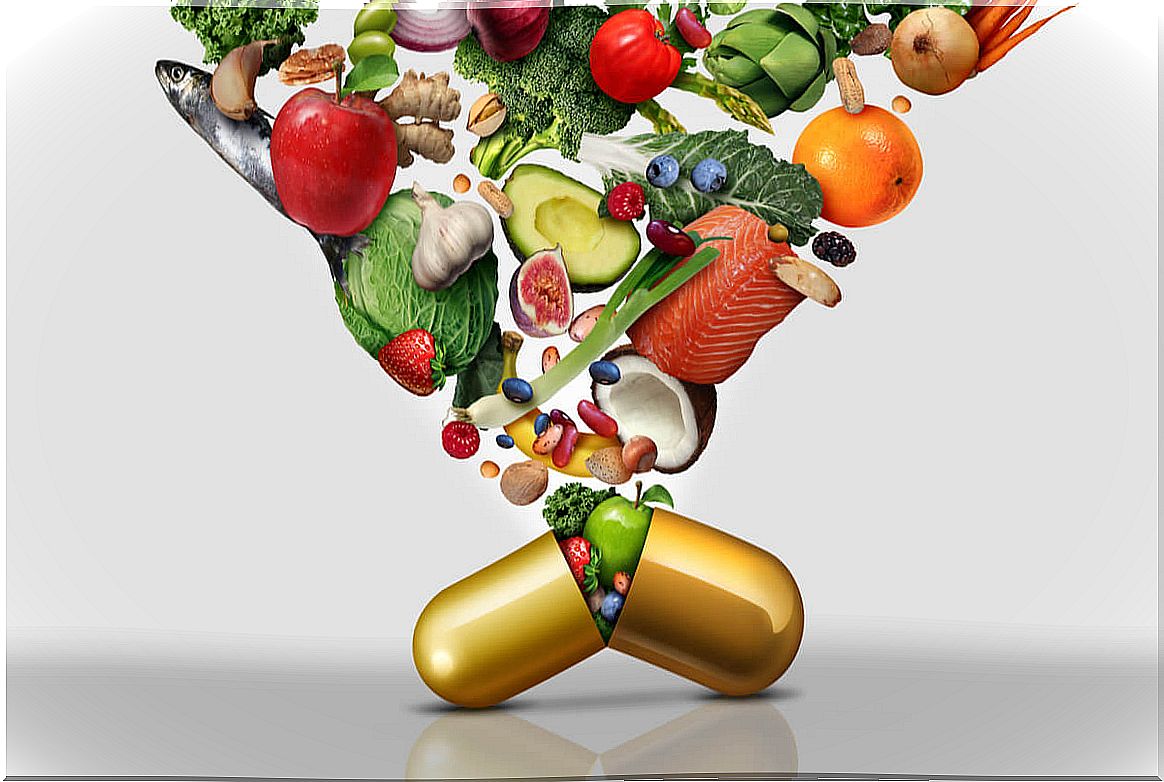
How to responsibly use food supplements for cats?
Dietary supplements include a myriad of options, all with specific benefits and restrictions. Keep in mind that if you have made an effort to provide your cat with a complete and quality diet, these will not be necessary, at least not those whose function is to make up for a specific deficiency.
For all these reasons, the recommendation is, once again, to consult your trusted veterinarian, to do follow-up checks and to provide the cat with the supplements or nutritional components that it may need. If your feline’s diet and routine are adequate, as a guardian you shouldn’t fear for their health.
